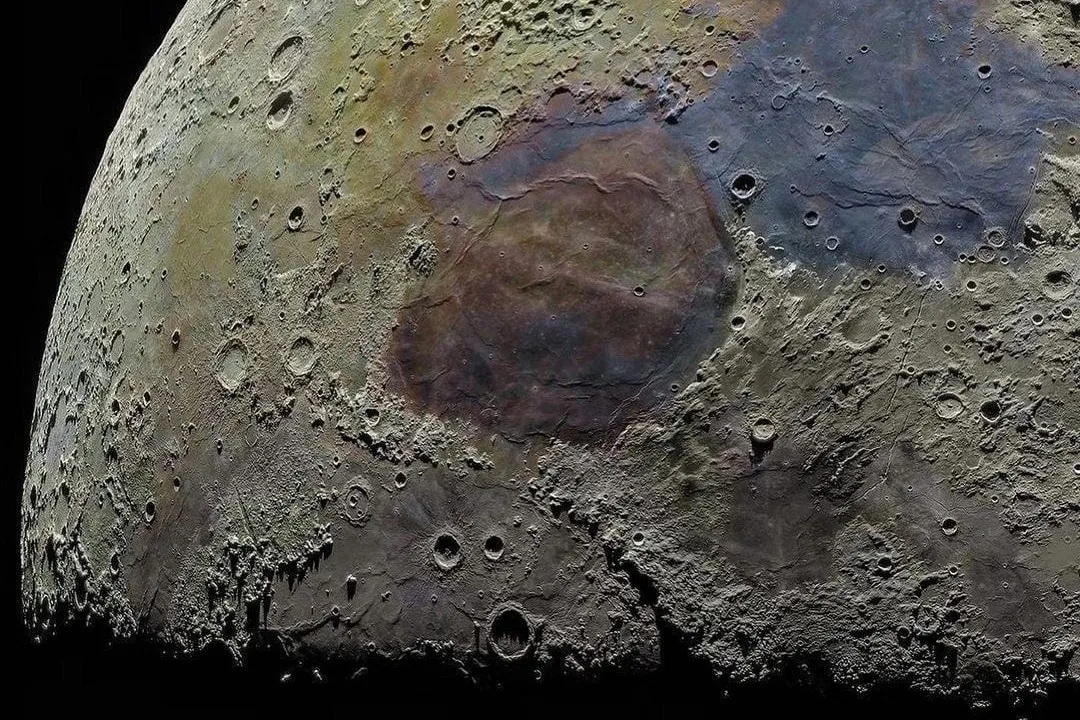It was with great pride that Rosatom, Russia’s nuclear energy firm, and the Bolivian Nuclear Energy Agency (ABEN) announced that the Cyclotron Complex that is part of the Nuclear Technology Research and Development Center (CIDTN) being built by these two entities in the city of El Alto, has begun to produce radiopharmaceuticals to supply the three nuclear medicine centers operating in the country, in El Alto, La Paz and Santa Cruz. According to a March 9 Rosatom press release, a special ceremony was held to announce the production of the fluodeoxyglucose (FDG) isotope for the first time at the Nuclear Medicine and Radiotherapy Center designed to diagnose and treat cancer patients.
The Cyclotron Complex is one part of the large CITDN, which also includes a research reactor and food irradiation capabilities. The production of radiopharmaceuticals is a welcomed development, as it means that Bolivia will no longer have to import them and will make them available for clinical examination of an estimated 5,000 patients annually. As Rosatom pointed out, Bolivian citizens in need of advanced or prompt nuclear diagnostics will no longer have to travel abroad for treatment.
President Luis Arce Catacora, a cancer survivor, was present at the March 9 ceremony and proudly stated that “today our country has made a great step forward. From now on, not only do we have a nuclear medicine center with the most advanced infrastructure, but also, we can produce our own radiopharmaceuticals for cancer diagnostics, which until today we have had to import. Currently, Bolivia has such advanced technologies that we may even consider exporting radiopharmaceuticals to our neighboring countries. From now on, we will be able to fight cancer even more effectively!”



